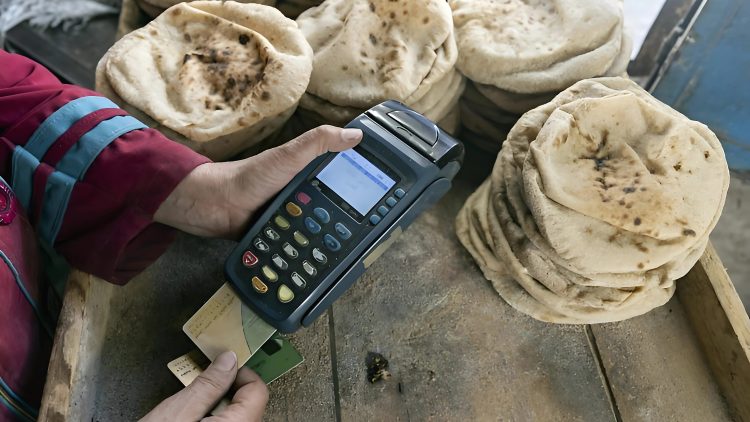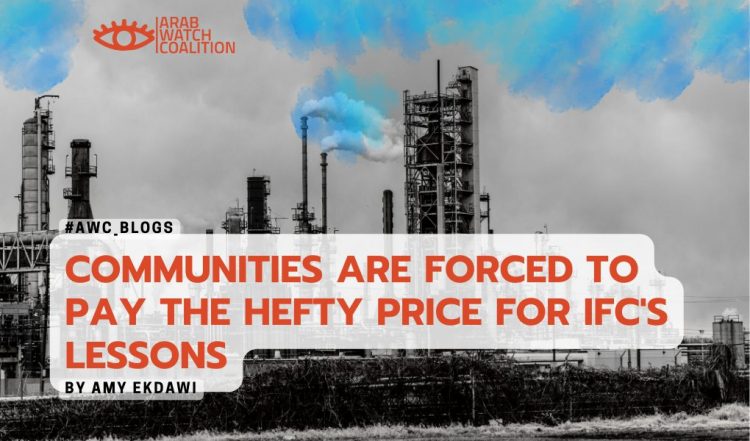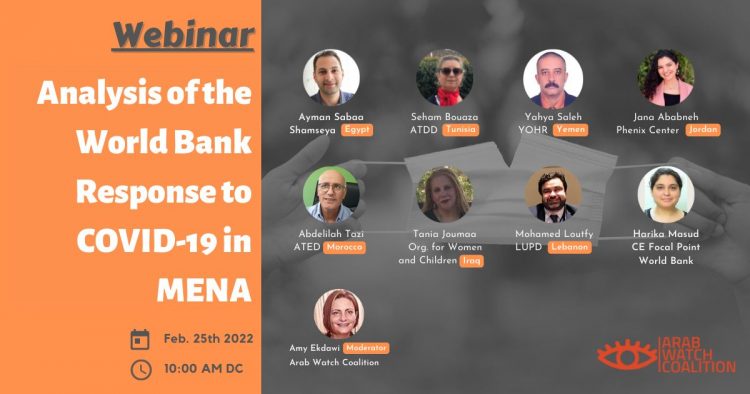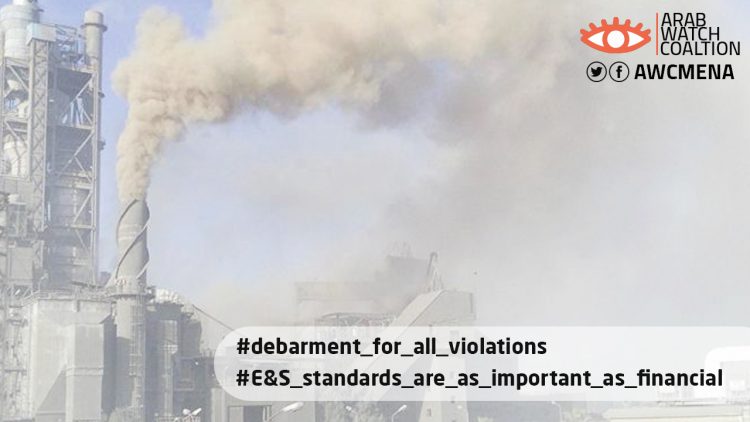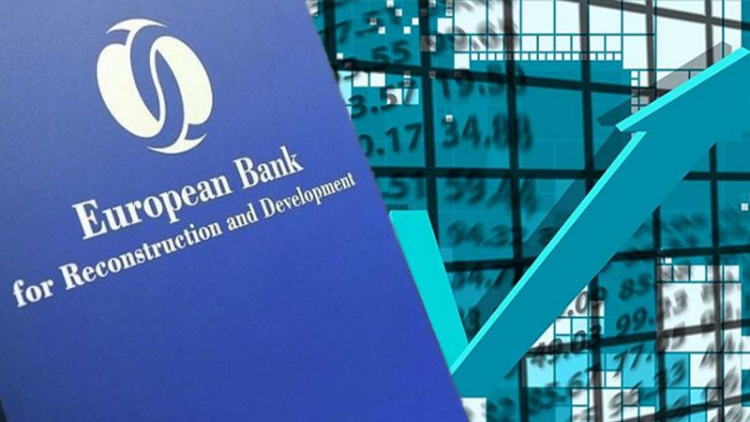Egypt
Egypt’s Debt Trap: Shrinking Space, Rising Poverty
Egypt is suffering from a severe economic crisis due to the accumulation of debt, which has reduced spending on many public services, reduced subsidies for basic commodities, and increased inflation, especially with the floating of the local currency. Most economic reports predict further impoverishment of vulnerable groups and an increase in poverty, with the middle class shrinking.
The political environment eroded the space of civil society groups and as a consequence, many of them adopted self-censorship measures.
Arab Watch Coalition (AWC) has four members in Egypt and also works with other non-member organizations.
AWC monitors the policies and activities of the following International Financial Institutions (IFIs) in Egypt:
International Monetary Fund (IMF)
Egypt joined the IMF in 1945 as one of its founding members. Since then, the country has engaged with the IMF through multiple lending programs and policy consultations.
In recent years and as of August 2025, Egypt has received several loans from the IMF to support its economic reforms and stabilize its economy. In 2016, Egypt entered into a $12 billion Extended Fund Facility (EFF) agreement to support its comprehensive economic reform program. In 2020, Egypt received a $2.8 billion Rapid Financing Instrument (RFI) to address the urgent balance of payments needs stemming from the COVID-19 pandemic. In 2021, Egypt received a further $5.2 billion under a Stand-By Arrangement (SBA) to maintain macroeconomic stability during the pandemic. In December 2022, the IMF approved a new 46-month Extended Fund Facility (EFF) arrangement for Egypt, amounting to $3 billion. However, this agreement was put on hold after Egypt did not adhere to commitments to unpeg its currency, expedite the sale of state assets, and implement other reforms. However, in 2024, the IMF increased Egypt’s bailout loan from $3 billion to $8 billion.
The IMF periodically assesses the Egyptian economy through a process known as Article IV Consultation, named after Article IV of the IMF’s Articles of Agreement, which outlines the IMF’s surveillance role. The IMF conducts annual Article IV consultations with Egypt. On March 10, 2025, the Executive Board of the International Monetary Fund (IMF) also completed the fourth review of Egypt’s Loan.
World Bank Group (WBG)
The World Bank Group develops a Country Partnership Framework (CPF) for each country that sets the strategic goals and framework for its portfolio in the country for a period of five to seven years. The current CPF for Egypt covers the period of FY2023–2027.
Egypt joined the World Bank Group in 1945. Since then, the World Bank has supported Egypt through various development projects and programs. As of August 2025, the World Bank has 16 active projects in Egypt.
The International Finance Corporation (IFC), the arm of the World Bank Group that invests in the private sector, started investing in Egypt in 1975. As of August 2025, IFC has 53 active projects and one pending project in Egypt.
African Development Bank (AfDB)
Egypt became a member of the African Development Bank Group in 1964. Since then, and as of August 2025, the AfDB has supported numerous development initiatives across various sectors in the country, investing in a total of 127 projects. Currently, the AfDB has 10 ongoing projects in Egypt.
The AfDB’s Country Strategy Paper (CSP) for Egypt spans the period from 2022 to 2026. The main objective of the CSP 2022-2026 is to build a competitive and resilient economy through private sector development and addressing the country’s vulnerability to climate change.
European Investment Bank (EIB)
The EIB started its operations in Egypt in 1979. Since then, and as of August 2025, the EIB has financed numerous projects across various sectors. As of August 2025, the EIB has invested over € 13.71 bn in 118 projects in Egypt, supporting the country’s transition to a modern economy.
European Bank for Reconstruction and Development (EBRD)
The EBRD began its operations in Egypt in 2012. Since then, and as of July 2025, the EBRD has invested in a total of 205 projects, 125 of which are still active. In 2023, Egypt topped the EBRD’s investment list in the southern and eastern Mediterranean (SEMED) region, securing new commitments for 16 projects totaling nearly €1.3 billion. Of these investments, 69% were directed towards Egypt’s financial sector, and 63% focused on gender and inclusion. Additionally, 96% of the EBRD’s investments in Egypt were made in the private sector.
The EBRD’s latest Country Strategy for Egypt covers the period from 2022 to 2027. This strategy focuses on enhancing private sector competitiveness, promoting green growth, and fostering economic inclusion.

